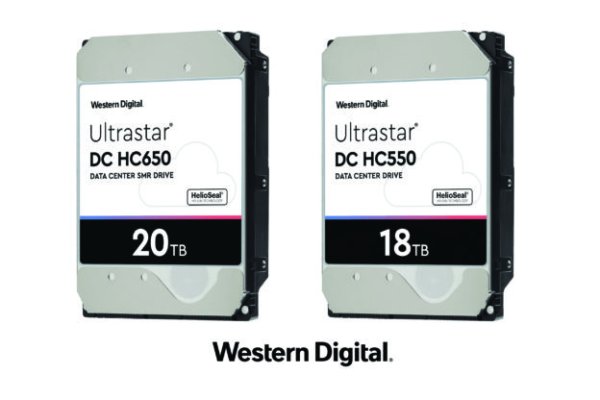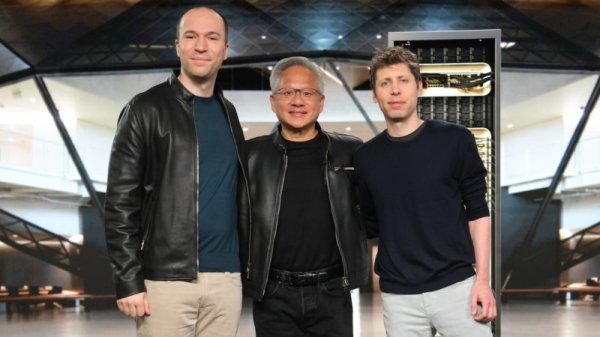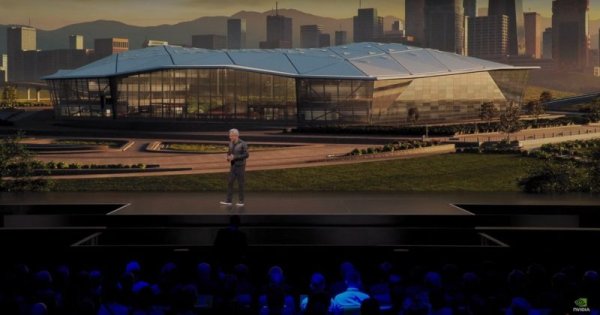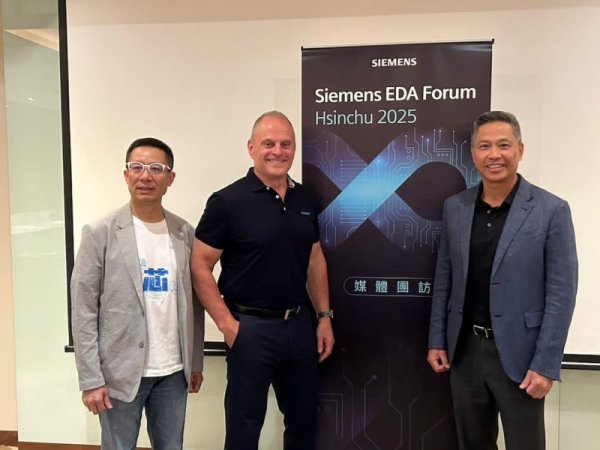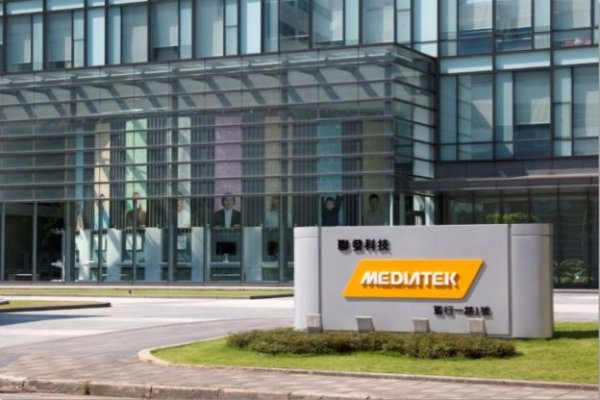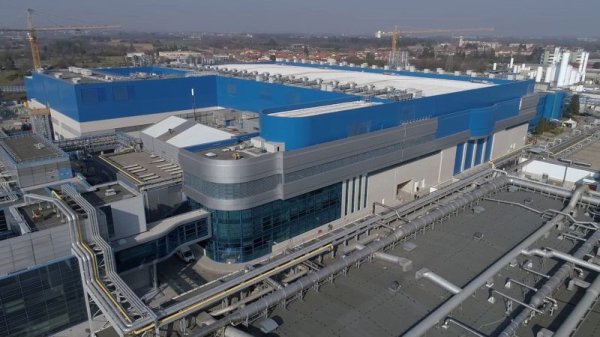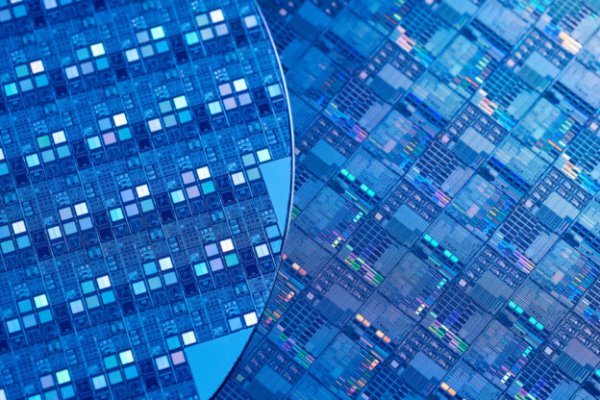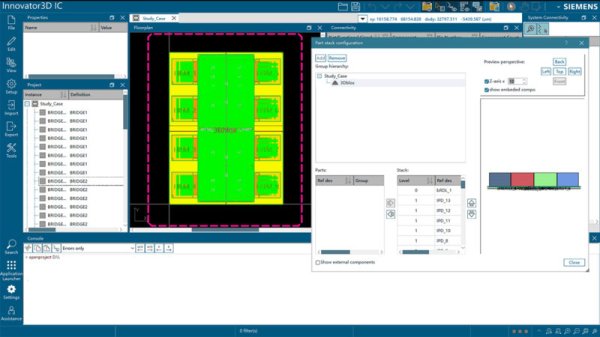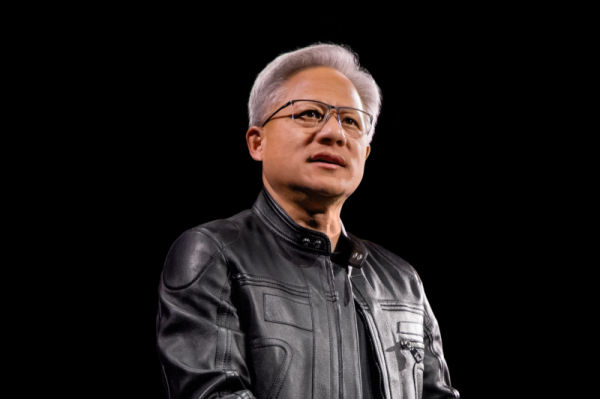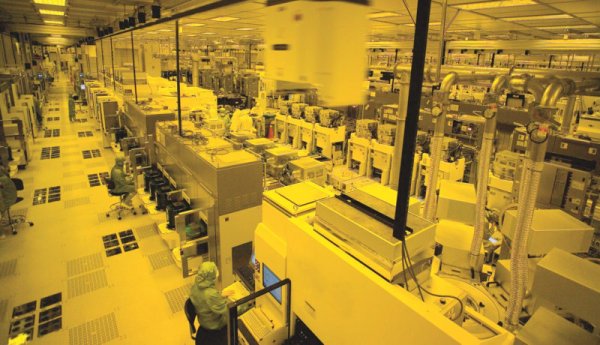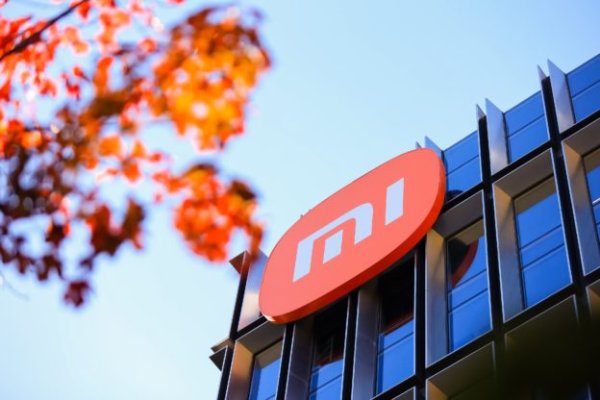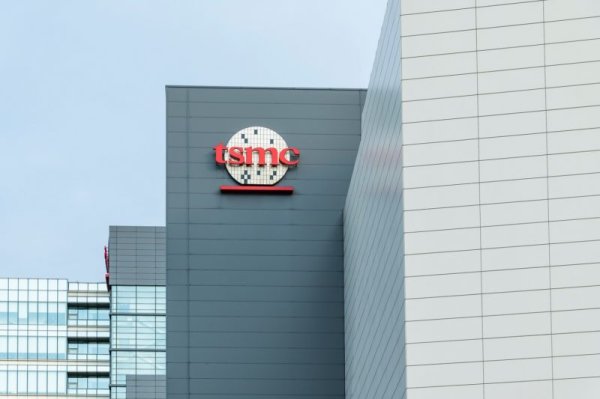AMD adapts its own SoC to develop enhanced space-grade lidless organic packaging to strengthen its space-grade product lineup
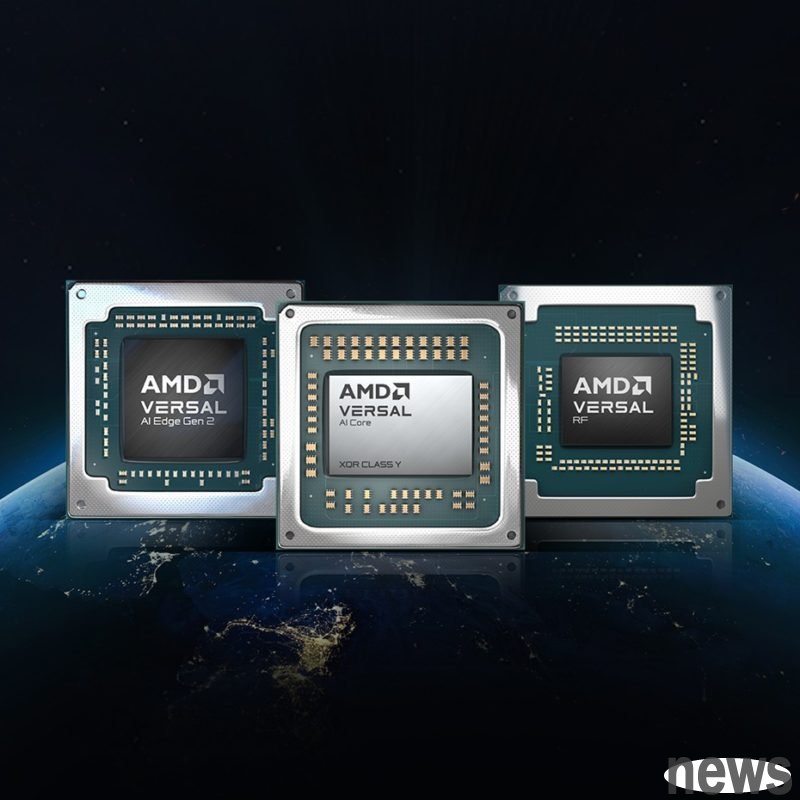
AMD, a major chip manufacturer, continues to push the limits of innovation, touching the world beyond and beyond. AMD recently announced that it has developed a reinforced space-grade lidless organic package for the Versal AI Core XQRVC1902 self-adaptive SoC and is applying for Class Y certification. This new package will support missions for up to 15 years, providing a solid foundation for geostationary satellites, lunar exploration and deep space probes.
AMD stated that space missions may last more than ten years and therefore have stringent requirements for reliability. AMD's enhanced packaging technology is designed to operate reliably in this harsh environment, and its lidless design effectively improves thermal performance. In addition, AMD is verifying space-grade packaging for Versal RF (VR1602 and VR1652) and 2nd generation Versal AI Edge (2VE3858 and 2VE3558) self-adapted SoC, aiming to obtain Class B and Class Y certification.
AMD pointed out that both Class B and Class Y certifications are derived from the US military standard MIL-PRF-38535, which is designed to evaluate the suitability of chips in the most demanding high-reliability applications such as outer space. The evaluation includes performance, reliability and quality. Among them, Class B certification is suitable for missions that require high performance and high reliability while taking into account cost and time efficiency, such as low Earth orbit (LEO) or short-range missions. As for Class Y certification, it represents the highest level of space flight assurance, with more stringent testing, screening and documentation standards to ensure the highest reliability for long-term or deep space missions.
AMD Space Architect Ken O’Neill said that by combining proven self-tuning technology with advanced packaging, AMD is helping customers accelerate innovation and thereby change the development of future space systems. These new space-grade components extend AMD’s leadership in self-adaptive computing, combining cutting-edge integration, high-performance computing and long-term reliability to meet the needs of next-generation orbital, deep space and exploration missions.
In addition, AMD space-grade self-adaptive SoC is redefining the possibilities of aerospace design. Including the Versal AI Core XQRVC1902, which is suitable for on-board processing payload applications. Compared with the previous generation of space-grade components, its computing density in vector arithmetic, system logic units, on-board SRAM and Multi-Gigabit transceivers has been greatly improved.
The Versal RF series integrates high-speed RF converters, dedicated signal processing blocks and programmable logic into two single-chip devices and will pass space-grade certification, allowing engineers to integrate RF functions that previously required multiple chips. Finally, the 2nd generation Versal AI Edge series is powered by Arm Cortex-A78AE and R52 processors and is equipped with a new generation AI engine (AIE-ML v2) to enable real-time AI inference, data management and onboard decision-making.
Overall, these platforms bring system-level functions that were previously limited to customized hardware into easily accessible and flexible SoCs, providing aerospace designers with a highly adaptable and high-performance off-the-shelf solution that helps reduce project risks, reduce costs, and accelerate deployment time.
AMD emphasized that these self-adapting SoCs combine scalar computing and AI acceleration in an unprecedented way, achieving a breakthrough in space-grade components. For example, the 2nd generation Versal AI Edge XQR series leverages the advantages of the commercial series and is designed to provide AI acceleration capabilities of up to 184 TOPS, more than 500,000 programmable logic units (LUTs), and 10 times increased scalar computing power, up to 200,000 DMIPS. It is designed for post-processing and data management applications in space, and integrates all functions into a single radiation-resistant and flight-certified component.
This level of integration enables designers to replace complex multi-chip architectures or expensive custom ASICs that often cost more than $100 million to develop with a single, highly adaptable solution with faster design and flight verification timelines.
AMD further stated that with these developments, AMD reiterates its commitment to continue to provide reliable, high-performance and scalable self-adaptive computing solutions to the aerospace industry. Whether it's government missions, commercial satellite networks, private exploration programs, or civilian and scientific research projects, AMD's space-grade, self-adaptable SoCs will provide a solid foundation for innovation beyond Earth.
Looking ahead, AMD’s space packaging and certification roadmap will cover multiple generations of self-tuning SoCs. Samples of the Versal AI Core XQR VC1902 are expected to begin in 2026, with flight-proven products in 2027. Space-grade versions of the Versal RF Series and 2nd generation Versal AI Edge Series are expected to be launched in 2029, ensuring continued evolution of computing and AI capabilities for future missions.


